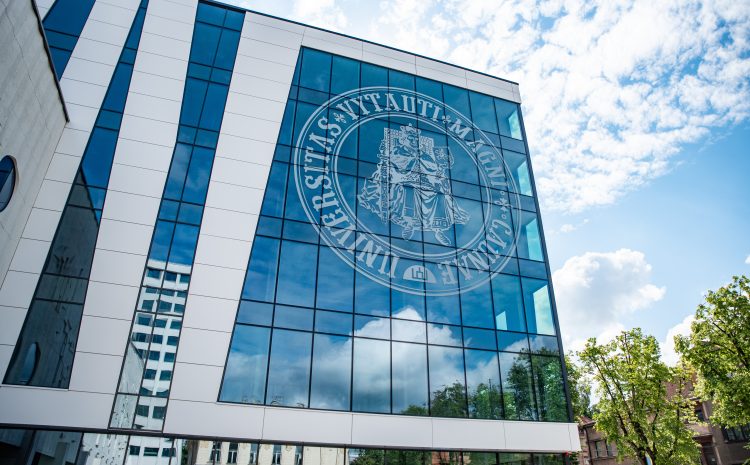

Dear Colleagues,
We are delighted to welcome you to the 18th Rodens et Spatium – International Conference on Rodent Biology. The Conference will take place in Kaunas, Lithuania on May 18 – 22, 2026. The aim of the Conference is to bring together researchers, scientists, veterinarians, ecologist, and other experts to exchange knowledge and the latest research in the fields of rodent biology, ecology, medicine, and care, as well as to promote interdisciplinary collaboration and seek solutions to current challenges involving rodents. We are pleased to welcome scientists from different countries to give presentations on recent advances in the following areas:
Systematics, Evolution, and Phylogenetics
- Modern approaches to rodent phylogenetics (based on DNA, morphology, behavior)
- Divergence and radiation of rodent subfamilies and genera
- Cryptic species and speciation in rodents
Ecology and Behavior
- Spatial organization of rodent populations
- Ethological studies: social behavior, territoriality, communication
- Impact of urbanization and climate change on rodent populations
- Rodents as keystone species in ecosystems
Epidemiology, Zoonoses, and Parasites
- Rodents as reservoirs of dangerous infections (plague, leptospirosis, hantaviruses)
- Pathogen monitoring in wild rodent populations
- Risks of biological invasions and public health concerns
Genomics, Bioinformatics, and Biotechnology
- Analysis and annotation of rodent genomes
- Population genomics
- Rodent microbiomes and their effects on health and behavior
Conservation, Management, and Human Interactions:
- Human–rodent conflicts and coexistence
- Ethical and welfare considerations in rodent research
- Rodents in agriculture and pest management
The Conference will be hosted by Vytautas Magnus University.
We are looking forward to welcoming you to Kaunas!
IMPORTANT DATES
We are pleased to invite you to visit the 18th Rodens et spatium – International Conference on Rodent Biology 2026, held in Kaunas, Lithuania on May 18 – 22, 2026.
| December 15 | Early bird registration deadline |
| February 15 | Regular registration deadline |
| February 15 | Abstracts submission deadline |
| March 15 | Payment deadline |
| April 15 | Conference program announced |
CONFERENCE FEES
| Early bird | Late | |
| Regular | € 350 | € 450 |
| Student | € 250 | € 300 |
| Accompanying person | € 200 | € 250 |
| Conference tour (lunch included) | € 50 | € 50 |
| Gala dinner | € 50 | € 50 |
Registration fee includes:
– Access to the conference
– Conference material
– Coffee breaks
– Lunches
– Welcome party
– City tour
– Excursion to museum
Accompanying fees includes:
– Coffee breaks
– Lunches
– Welcome party
– City tour
– Excursion to museum
PAYMENT INFORMATION
| Recipient | LIETUVOS ŽALIASIS ALJANSAS |
| Address | VILEIKOS 8, LT-44404, Kaunas |
| Bank | Swedbank AB |
| Bank adress | Konstitucijos pr. 20A, LT-09321 Vilnius |
| Bank code | 73000 |
| SWIFT (BIC) code | HABALT22 |
| Recipient’s bank account | LT06 7300 0101 5273 5372 |
| The purpose of payment | Rodens, your name and surname |
COMMITTEES
Steering committee
Chairman – Herwig Leirs, Belgium
Linas Balčiauskas, Lithuania
Abdelfouadi Benmouloud, Algeria
Ana Maria Benedek, Romania
Zbigniew Borowski, Poland
Josef Bryja, Czech Republic
Nathalie Charbonnel, France
Frauke Ecke, Sweden
Dominique Fauteux, Canada
Heikki Henttonen, Finland
Jens Jacob, Germany
Boris Krasnov, Israel
Xavier Lambin, United Kingdom
Juan Luque-Larena, Spain
Maria da Luz Mathias, Portugal
Rick Ostfeld, USA
František Sedláček, Czech Republic
Grant Singleton, Australia
Mustafa Sözen, Turkey
Valentina Tagliapietra, Italy
Nigel Yoccoz, Norway
Local organizing committee
Chairman –Algimantas Paulauskas
Asta Aleksandravičienė
Dalytė Mardosaitė-Busaitienė
Dominykas Repečka
Evelina Kaminskienė
Indrė Lipatova
Jana Radzijevskaja
Irma Ražanskė
Loreta Griciuvienė
Marina Sidorenko
Justina Snegiriovaitė
Miglė Razgūnaitė
Povilas Sakalauskas
ABSTRACT GUIDELINES
Conference abstracts will be published in a scientific proceedings volume with an ISSN. They will not undergo language proofreading; authors are responsible for the linguistic quality. Please follow the instructions below when preparing your abstract:
- Language: English
- Structure: Authors provide first name and surname. Underline the presenting author and include their email address. Affiliations and addresses of all co-authors.
- Content: No subdivision into introduction, materials and methods, results, etc.
- Font: Times New Roman
- Length: Maximum of 300 words.
- Line spacing: 1.15, with 3 cm margins on all sides, and align text to the justify.
- No figures, no tables should be included in the abstract.
- References should be included (maximum 5 references).
- Prepare the text as a Word document.
- Name the file after the presenting author: Surname_Name_Rodens.doc(x).
- Send abstracts as an email attachment to: rodens@vdu.lt with the subject “Surname_Rodens_oral” or “Surname_Rodens_poster”.
- The abstract template is available for download HERE
POSTER PRESENTATION GUIDELINES
Poster size and orientation: A1 format: 594 x 841 cm; portrait orientation.
Presenting authors are requested to be available during the poster sessions. All poster boards will be labelled with a poster number, which you will find in the programme booklet on-site.
ORAL PRESENTATION GUIDELINES
There is no presentation template, but remember that text should be readable at any conditions
- Language: English
- Oral presentation should not last longer than 10 min (+ 5 min questions).
- Plenary presentation: 55 min (+ 5 min questions).
Programme overview
The conference will be held at the Vytautas Magnus University, Kaunas, Lithuania (S.Daukanto str. 28)
| Monday | |
| 9:00-11:00 | Registration |
| 11:00-11:30 | Opening ceremony |
| 11:30-12:30 | Plenary session |
| 12:30-13:00 | Oral presentations |
| 13:00-14:00 | Lunch |
| 14:00-17:00 | Oral & poster presentations & coffee break |
| 17:00 | Welcome coctail |
| Tuesday | |
| 9:00-10:30 | Oral presentations |
| 10:30-11:30 | Coffee break |
| 11:30-12:30 | Plenary session |
| 12:30-13:00 | Oral presentations |
| 13:00-14:00 | Lunch |
| 14:00-17:30 | Oral & poster presentations & coffee break |
| 18:00 | City tour |
| Wednesday | |
| 9:00-10:30 | Oral presentations |
| 10:30-11:30 | Coffee break |
| 11:30-12:30 | Plenary session |
| 12:30-13:00 | Lunch |
| 14:00-17:00 | Oral & poster presentations & coffee break |
| 18:00 | Gala dinner |
| Thursday | |
| 9:00-10:30 | Oral presentations |
| 10:30-11:30 | Coffee break |
| 11:30-13:00 | Oral presentations |
| 13:00-14:00 | Lunch |
| 14:00-15:00 | Coffee break |
| 15:00-15:30 | Closing ceremony |
| 16:00 | Excursion to museum |
| Friday | |
| 9:00-18:00 | Conference Tour, lunch included |
Detaled programme
The detailed program will be announced on April 15.
About Kaunas
Kaunas previously known as Kovno. It is the second largest city in Lithuania after Vilnius and an important centre of Lithuanian economic, academic, and cultural life. Modern Kaunas is a European city with beautiful architecture, medieval monuments and unique museums. In 2022 Kaunas was chosen as the European Capital of Culture. Kaunas interwar architecture was added to the UNESCO World Heritage List. About 1500 buildings are recognized as a significant value for all of humanity, present and future generations.

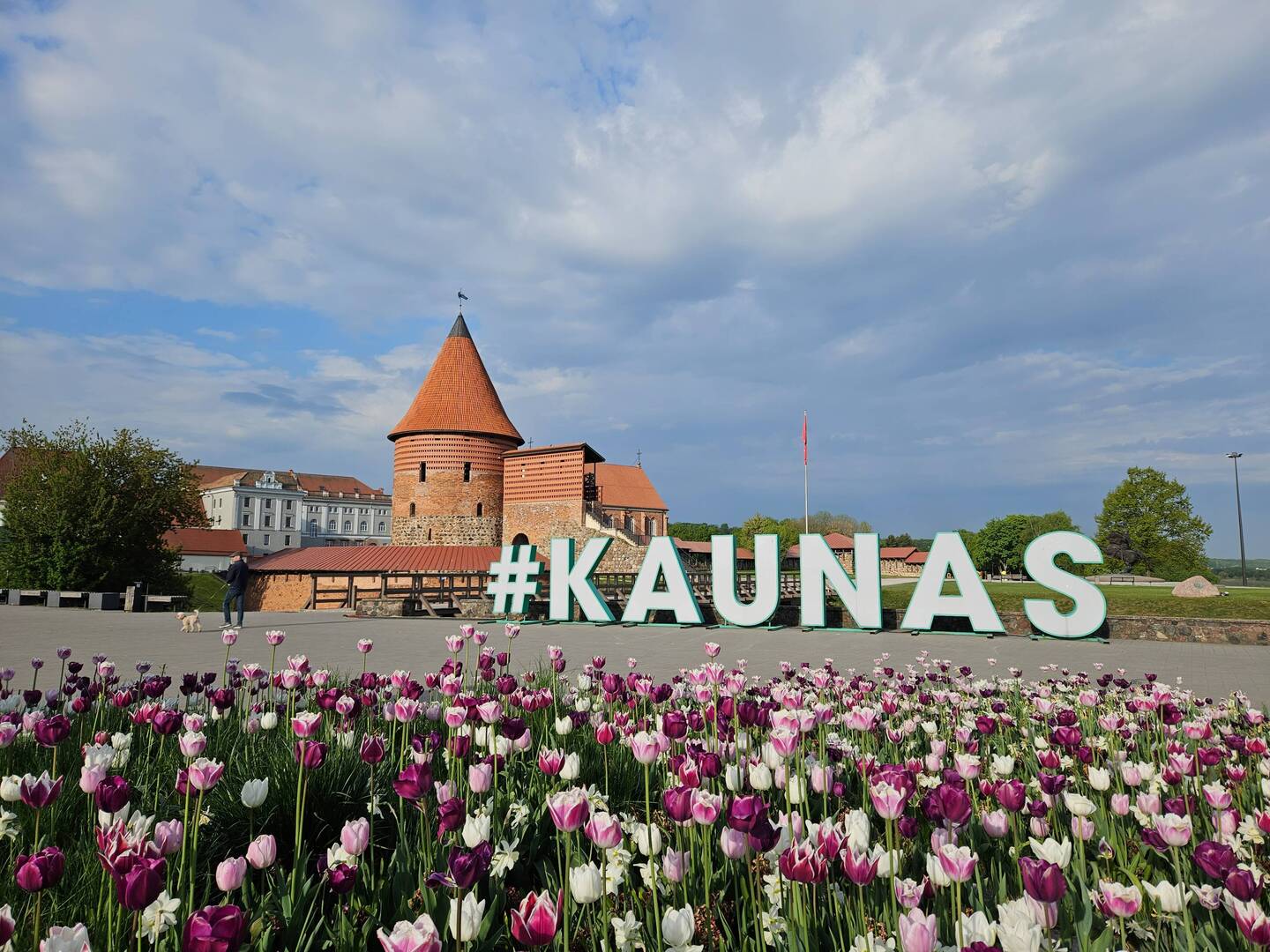
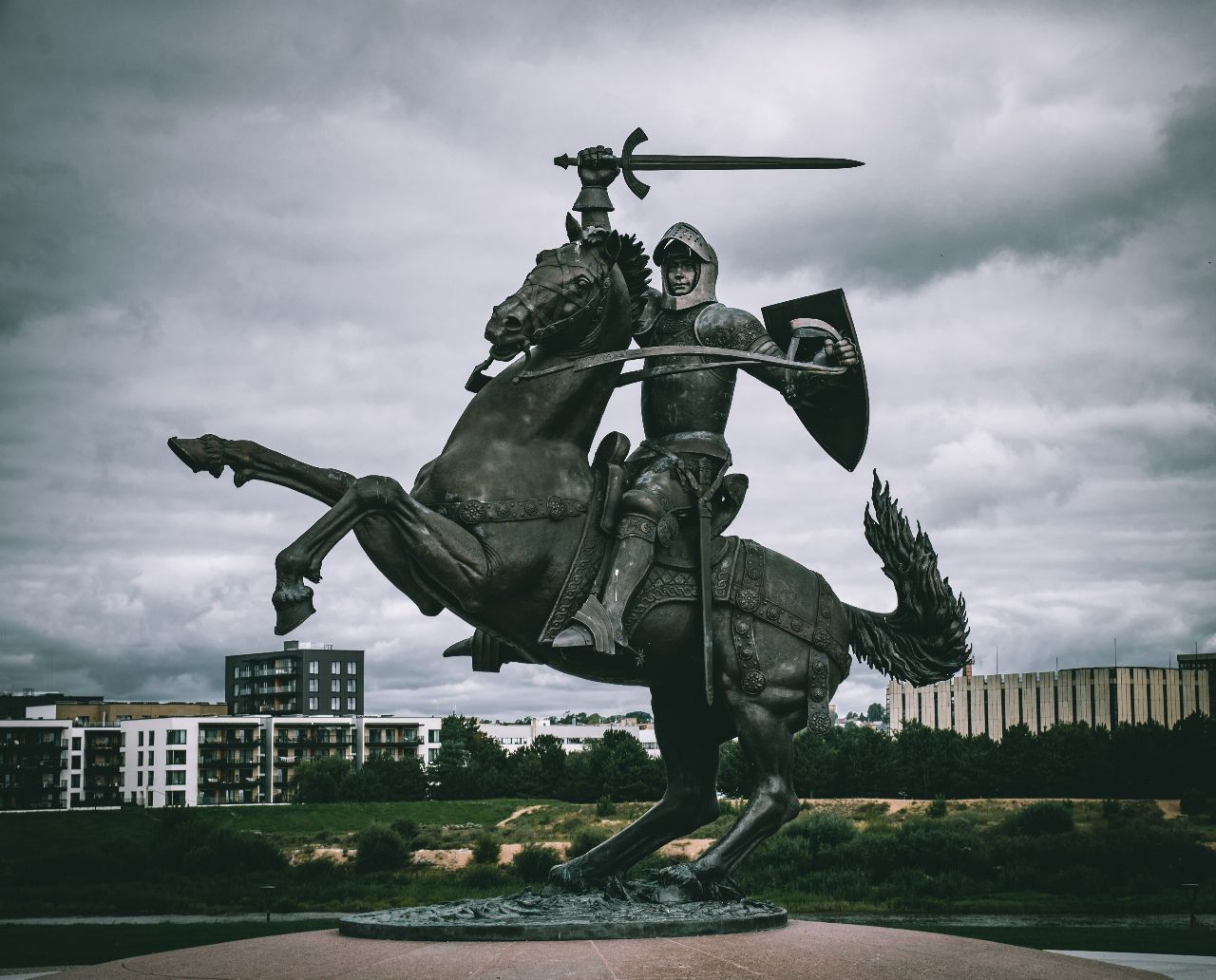
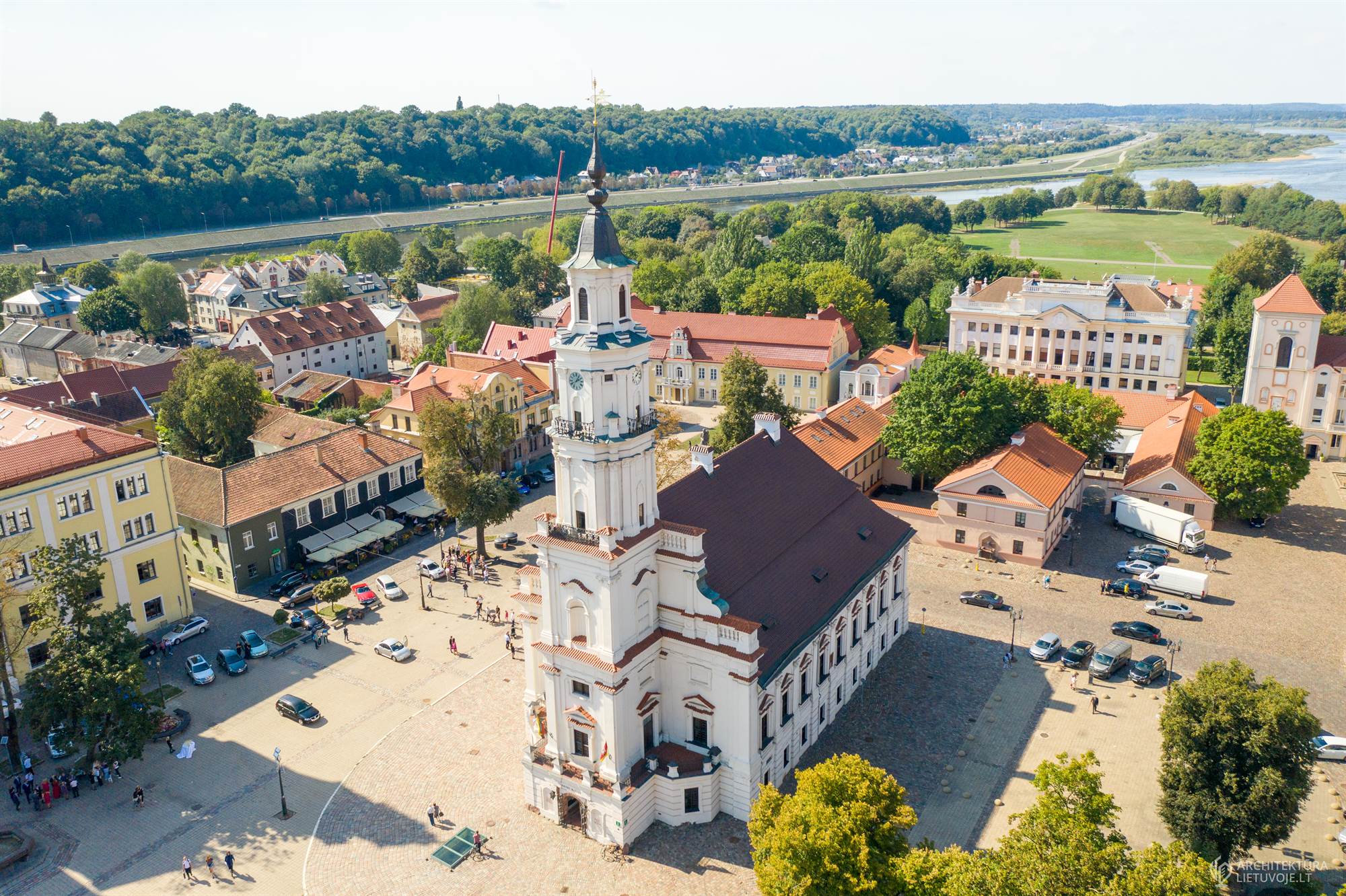
Travel information
Citizens of the EU and most European countries (including all Scandinavian countries) do not require a visa to enter Lithuania. For detailed information, please visit the website of the Lithuanian Ministry of Foreign Affairs: www.urm.lt. There are two international airports in Lithuania: one is located just outside of Kaunas, and the other one is in Vilnius, the capital of Lithuania.
Arrivals by plane
Direct flights to Kaunas or Vilnius airports are most likely available from your country.
City bus Numbers 29 and 29E go directly from Kaunas airport to the city centre. More information about fares from the airport is available at www.kaunas-airport.lt
Arrivals by bus
The distance between Kaunas and Vilnius is 100 km. Information about airport express from Vilnius airport can be found here: ollex.lt
Bus schedules within Kaunas can be accessed at kvt.lt and stops.lt.
Buses between Kaunas and Vilnius depart several times an hour between 5AM and midnight. The journey takes about 1.5 hours. Most buses have (free) wireless internet. For international travel Ecolines (ecolines.net) and other companies operate several daily buses from Riga and Tallinn, and from other national capitals of Europe.
By train
Kaunas train station (map) is located nearby to the bus station (map) in the city center. Several daily trains go between Kaunas and other major cities. Tickets and timetables can be found at litrail
How to find us
CONFERENCE VENUE: S. Daukanto str. 28, Kaunas
Accommodations
Accommodations should be booked by the participants themselves.
Here is a list of possible hotels nearest to the Conference venue:
These are all within walking distance to the Conference venue Keisti į These are all within walking distance to the Conference venue.
There are many public transit stops nearby the Conference venue, which is reachable from any part of Kaunas Keisti į There are many public transit.
There are also a lot of apartments available for rent. Feel free to explore for more options via booking.com or other services.
The Conference venue is located in the center of Kaunas at Vytautas Magnus University, whose address is – S.Daukanto str. 28, Kaunas, Lithuania.
There are many public transit stops nearby the Conference venue, which is reachable from any part of Kaunas.
Here is a suggested app and website for traveling in the city: trafi.com
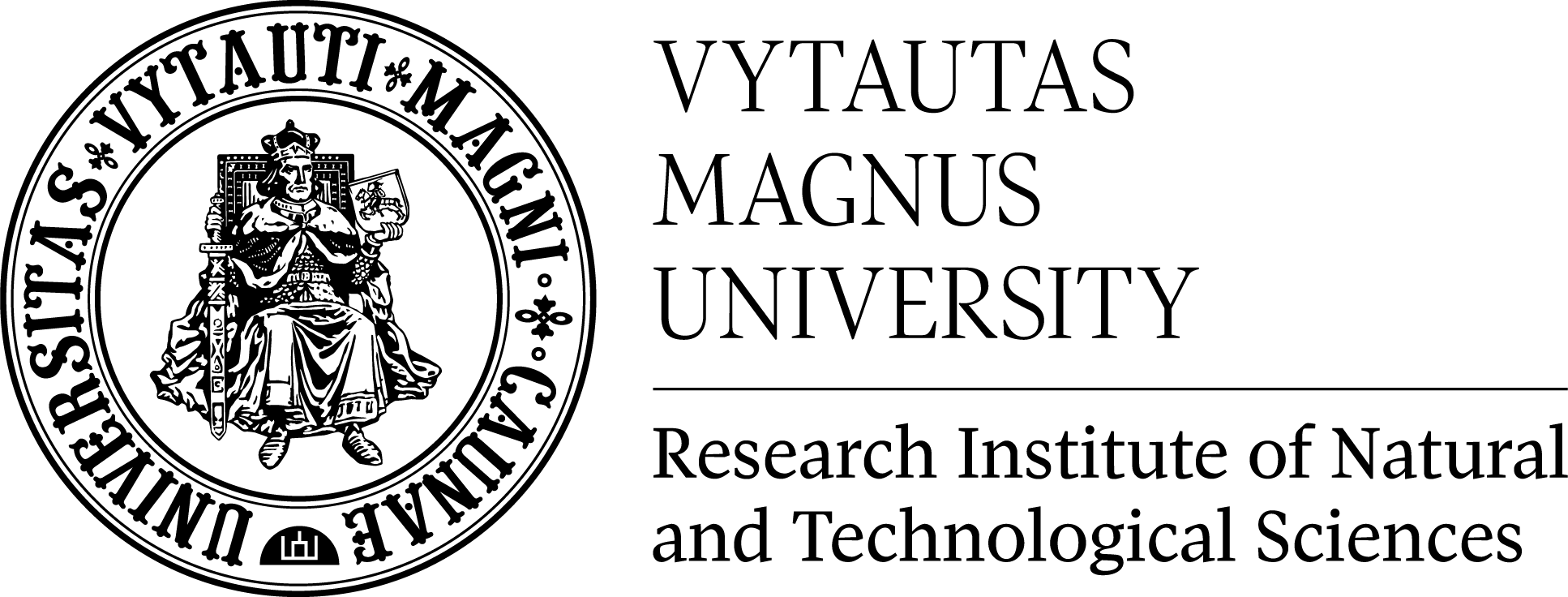 |
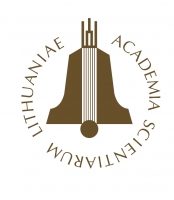 |
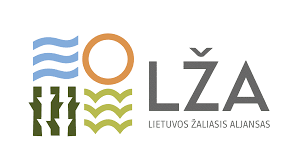 |
 |
Organizers: Vytautas Magnus University
Research Institute of Natural and Technological Sciences
Universiteto str. 10, Akademija, Kauno dist. LT-53361
Email: rodens@vdu.lt
Conference venue: S. Daukanto str. 28, Kaunas, Lithuania
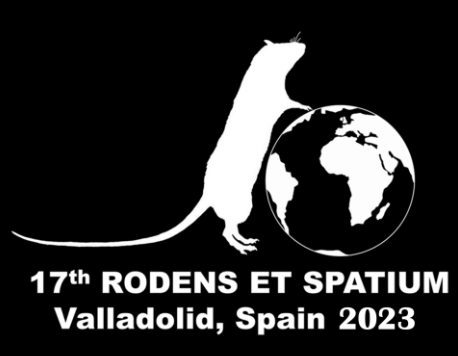 |
17-th – Valladolid (Spain) – 2023 – Diseases – Ecology – Taxonomy, genetics and conservation – Biology and evoliution – Methods and applied science – Conflicts and management |
 |
16th – Postdam (Germany) – 2018 – Rodent behavior – Form and function – Responses to human-induced changes – Rodent management – Conservation and ecosystem services – Taxonomy-genetics – Population dynamics – Phylogeography – Future rodent control technologies |
 |
15th – Olomouc (Czech Republic) – 2016 – Monitoring Rodent Populations as Bioindicators of Global Change – African Rodent Ecology and Evolution Past, Present, and Future – Rodent population dynamics: from ecological theory to population management – Exploring rodent genomes to understand evolution – Parasites and Pathogens – Introduction to personality traits & cognitive abilities – Stories from Underground |
 |
14th – Lisbon (Portugal) – 2014 – Behaviour – Conservation – Ecology – Evolution – Morphometrics – Parasites & Diseases – Phylogeography& Phylogeny – Physiology – Population Dynamics – Rodent Management |
 |
13th – Rovaniemi (Finland) – 2012 – Genetics, phylogeography and taxonomy – Population dynamics and ecology – Parasites and diseases – Evolution and development in small mammals – Rodent management |
 |
12th – Zonguldak (Turkey) – 2010 – Population and Community Ecology – Phylogeography, Phylogenetics and Systematics – Physiology – Behaviour, Behavioural Ecology and communication. – Parasitology – Applied Ecology and Rodent management |
 |
11th – Myshkin (Russia) – 2008 – Population Ecology & Community Ecology – Phylogeography, Phylogenetics& Systematics – Behaviour, Behavioural Ecology & Communication – Physiology – Parasitology, Applied Ecology & Rodent Management |
 |
10th – Parma (Italy) – 2006 – Morphology, Physiology and Sensory Biology – Phylogeography and Phylogenetics – Behavioural Ecology – Community Ecology and Predation – Population Ecology – Parasitology and Applied Ecology – Rodent management |
 |
9th – Lublin (Poland) – 2004 – Morphology, Physiology and Sensory Biology – Phylogeography and Phylogenetics – Behavioural Ecology – Community Ecology and Predation – Population Ecology and Metapopulation – Parasitology and Applied Ecology |
 |
8th – Louvain-la-Neuve (Belgium) – 2002 – Community ecology – Ecophysiology – Population Ecology – Ethology and Behavioural Ecology – Systematics and Evolution – Ecotoxicology and Parasitology – Rodent management |
 |
7th – ČeskéBudějovice (Czech Republic) – 2000 – Diversity in time and space – Behaviour – Population Ecology and Genetics – Ecophysiology and Ecological and Functional Morphology – Diseases and Applied Ecology |
| 6th – Acre (Israel) – 1998 | |
 |
5th – Rabbat (Morocco) – 1995 – Diversity of Ecophysiological Adaptations to Extreme Environmental Conditions – Diversity of Rodents-Plants Interactions – Diversity of Communication Modes and Cognition in Rodents – Rodents and People – Evolutionary Biology of Rodents |
| 4th – Mikolajki (Poland) – 1993 – Voles in patchy environments: responses by individuals, populations and communities. – Rodents: their ecophysiology and behaviour. – Rodents as ecological and biological indicators. – Rodents: their systematics, evolution and paleontology. |
|
| 3rd – Lyon (France) – 1991 – Chemical communication, society and space – Rodent and Biogeography – Temporal distribution of activities. |
|
 |
2nd – Lyon (France) – 1989 – The rodent in desert environment – The rodent and historical biogeography – Environment and resources |
| 1st – Lyon (France) – 1987 – The rodent in desert environment – Space use and inter-individual relationships – Space control: orientation in theory and practice – Physiology and genetics |
